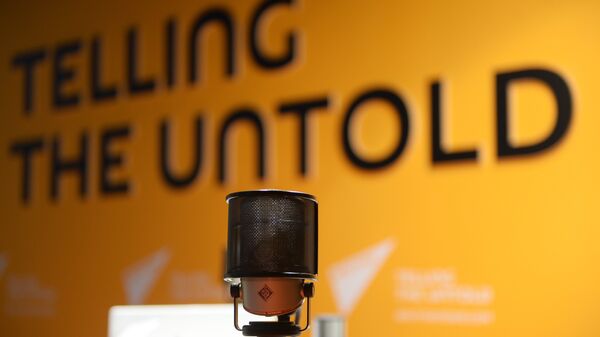Estonian Foreign Minister Urmas Reinsalu said that Sputnik Estonia was only being targeted by financial sanctions, which do not restrict the news agency's economic activity or block access to its portal and the content it publishes there.
"I want to emphasise that no action has been taken with regard to the content of this web portal. These financial sanctions, in our estimation, particularly limit economic activity. I think this is a justified measure. We have informed the legal service of the European Commission. Relevant European agencies in the European Commission have stated that the steps taken by Estonia to apply this EU sanctions regulation are appropriate," the minister said as aired be ERR broadcaster.
According to Reinsalu, the restrictions can be attributed to the fact that Dmitry Kiselev, the general director of Rossiya Segodnya news agency, Sputnik Estonia's Moscow-based parent company, who "has an influence on Sputnik activity," is on the EU's sanctions list.
Earlier in December, the Estonian Police and Border Guard Board warned Sputnik Estonia that its journalists could face criminal prosecution if they did not sever their ties with Rossiya Segodnya by 1 January. The Estonian authorities have cited the 2014 EU sanctions as a pretext for potential legal action. Rossiya Segodnya has insisted that is not mentioned in any EU sanctions lists.
The situation with Sputnik Estonia has already sparked an international reaction, with Harlem Desir, the head of the Organisation for Security and Co-operation in Europe media watchdog, urging Tallinn to "refrain from unnecessary limitations on the work of foreign media that can affect the free flow of information." Brussels, in turn, has pledged to deal with the matter, adding that the implementation and enforcement of the EU's restrictive measures was the unique responsibility of individual member states.


